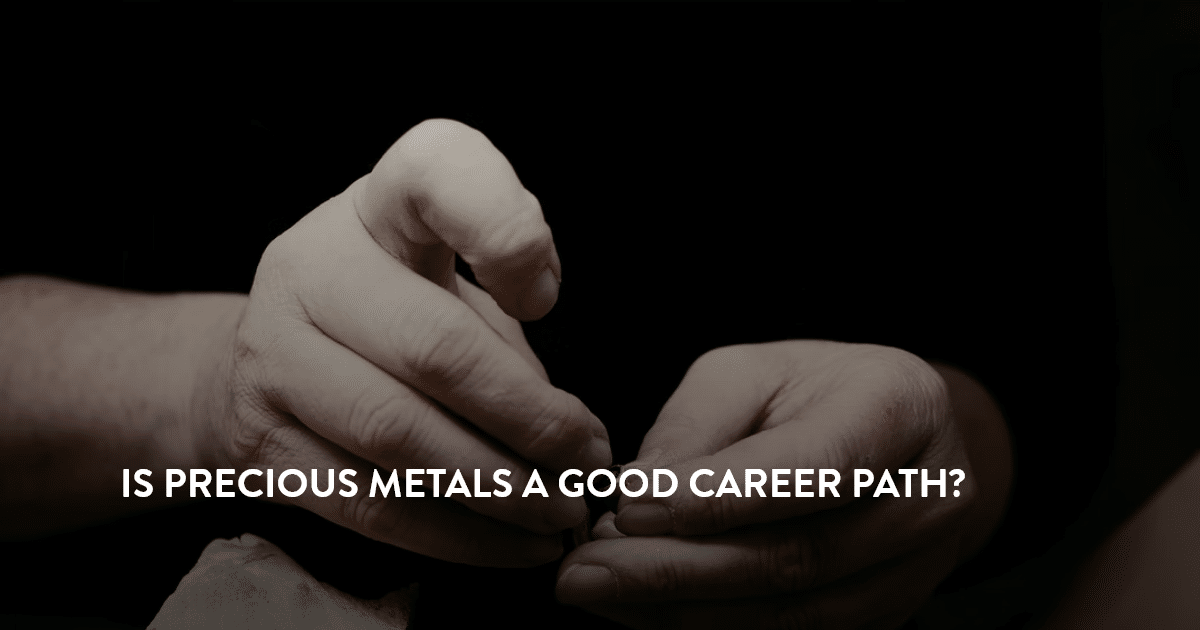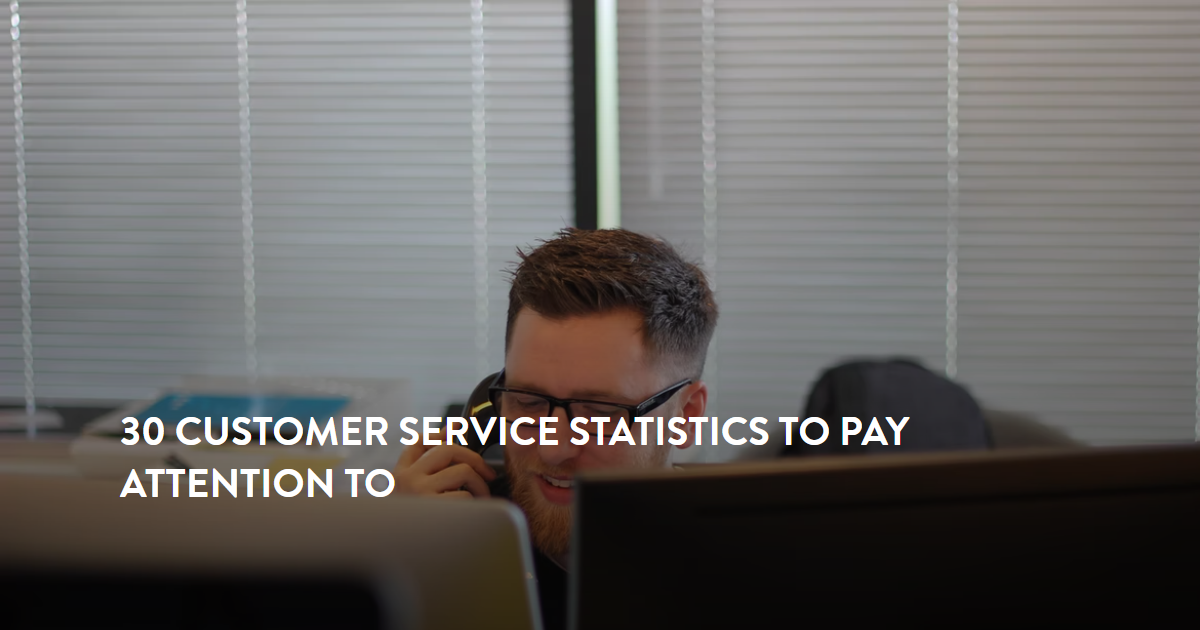- How To Quit
- The Process
- Leaving The Office
- Other Ways To Leave
- Paperwork
Find a Job You Really Want In
Are you planning on quitting your job or have you already given notice? There’s a lot to do in the time between when you announce that you’re quitting your job and the last time you walk out that door, no matter if you have a full two weeks or more, or if you’re walking out the door before the end of the day.
Cleaning your desk is going to be one of your top priorities and it’s probably a bigger task than you realize. That’s why we’re here to help. The following list will help you tackle your desk-cleaning-mission in an organized manner without skipping any of the big steps because you’re just too caught up in the moment.
Key Takeaways:
-
If you know you are planning on quitting, start by taking small items home with you without drawing suspicion.
-
Cleaning out your desk is important because it lets the next person who uses your desk have a nice clean space.
-
You should delete any personal documents from your computer, and take any personal items from the common spaces.

Why Cleaning Your Office is Important?
Are you tempted to just walk out the door and leave everything behind? Maybe someone else will throw your stuff in a box for you. Even if you’re leaving on a good note, these thoughts can be really tempting but it’s best to dig in and handle the task yourself. In fact, it can be kind of fun and you can learn a lot along the way.
You heard me right, you can actually learn a lot about your work habits when you dig into your desk and pull out all sorts of notes and things you saved with good intentions in mind but then forgot about once they were out of sight.
Another reason to do your own desk cleaning is that most people tend to have some personal items in their desks that they’d really rather not share. And it’s not just your desk. Have you considered what’s on your computer that you should remove before you turn that over to human resources?
Finally, the real reason you should tidy up your desk yourself — you made the mess, the least you can do is clean it up. Few people can manage to keep their desktop clean during their employment, and then even those people are bound to have a few odds and ends tucked into their drawers.
How to Start Cleaning When You Quit
If you have an office, you have more work ahead of you than just a desk, but the desk is still the best place to start. Use this handy guide to help you check off items as you go.
-
Computer. There are bound to be things you want to totally remove from your work computer (Vacation pictures anyone? How about thatresume you used to get your new job?), there are also going to be a few things you want to save like a project you rocked and would like to use for future reference or as a resume builder. Make sure you get rid of all of your personal data before you hand over the computer.
-
Email. Clean out your email, deal with open tasks as much as you can, remove personal emails and leave it as empty as possible. Don’t forget to send out that good-bye letter to your coworkers before you sign off.
-
Software. Have you downloaded software that’s not a part of your job or that is but it’s not something the company asked you to download? If so — clean it up and move it out.
-
Browser. Delete your browsing history, any cookies, saved passwords, and other items that are sitting in the browser.
-
Drawers. Whether it’s file cabinets or desk drawers, they all deserve attention. Most likely file cabinets will stay for the next person, but you may want to pull some contact information from them to keep for future reference. Your drawers will be full of stuff and most of it will be garbage to everyone but you, so go through it all carefully. You’ll want to leave everything clean and organized for the next person.
-
Office storage. If you have office storage or a cubby, those areas need your attention too. These spots often house long-lost coats, sweaters, shoes, umbrellas, and more.
-
Common areas. Do you have coffee cups lying around, storage containers, a gym outfit, tennis shoes? Many offices have common areas that act as dumping grounds for your items and you sometimes totally forget what’s there or forget to look in those areas.
When to Start Cleaning Out Your Desk
-
Start organizing. You probably don’t want to let everyone know you’re looking for a new job, or maybe you do, but the best time to start organizing your desk and your workspace is before you quit your job. If you’re an overachiever-type, you should always keep a clean desk that’s organized for efficiency, this will make the final clean-up a breeze.
-
Start small. Bring home a few trinkets here and there. Any personal item you’re not regularly using can be slipped into your computer bag and out of the office without anyone noticing and you’ve already started the process.
It’s also a great idea to start going through the drawers of paperwork before you put in your notice to make sure you’re not forgetting anything you really need to take care of.
-
When you start to look for another job. Along the same lines, decluttering your email and your computer can begin as soon as you start looking for a new job. The reason to get a jump on this part of the process is you never know what’s coming down the line. You may have a new job offer that needs you immediately and you simply can’t give two weeks notice.
You might discover that your employer has a policy where they remove people from the building as soon as they quit. In addition to these practical reasons to get a head start on tidying up, you may find it gets emotional when the wheels are set in motion and it might be harder to do then.
Things You’ll Find When You Clean Your Office
So, what should you expect to find when you do the deep purge?
-
Drugstore supplies. Don’t be surprised if you find a drugstore full of prescription and over-the-counter remedies you’ve collected over the years and through all sorts of allergy and cold seasons.
-
Business cards. Business cards from people you don’t even remember will be scattered everywhere. Fortunately, there will be those that you need and are happy to have found. Keeping in touch with customers, clients, and co-workers can be great for your career.
-
Snacks and drinks. Remember that time you were going to start drinking tea — well, now you know where those tea bags went, and the granola bars, the half-eaten candy bar, and a wide variety of snacks. It’s okay — just about everyone has a secret snack stash.
-
Office supplies. These are an obvious find in your desk. If you can, return unused items to a supply closet.
-
Memoires. Get ready to turn on the waterworks because you’re going to find memories in every drawer. Even if you’re leaving because you couldn’t stand your job anymore, you’ll realize you still had some good times with your co-workers and clients. It’s okay to feel emotional about a career transition, anarticle in the New York Times suggests you take time to grieve when you change careers.
Leave on a Positive Note
You’ve heard people warn about burning bridges when quitting a job, the reason that’s such a common saying is because it’s so true. You simply never know when you’ll run into these people again and how they may crop up in your life. All that’s certain is you want to be in a good position when you see them again and this means you have to take the high road and leave in a professional and positive way. You also have to leave a clutter-free office behind.
- How To Quit
- The Process
- Leaving The Office
- Other Ways To Leave
- Paperwork





